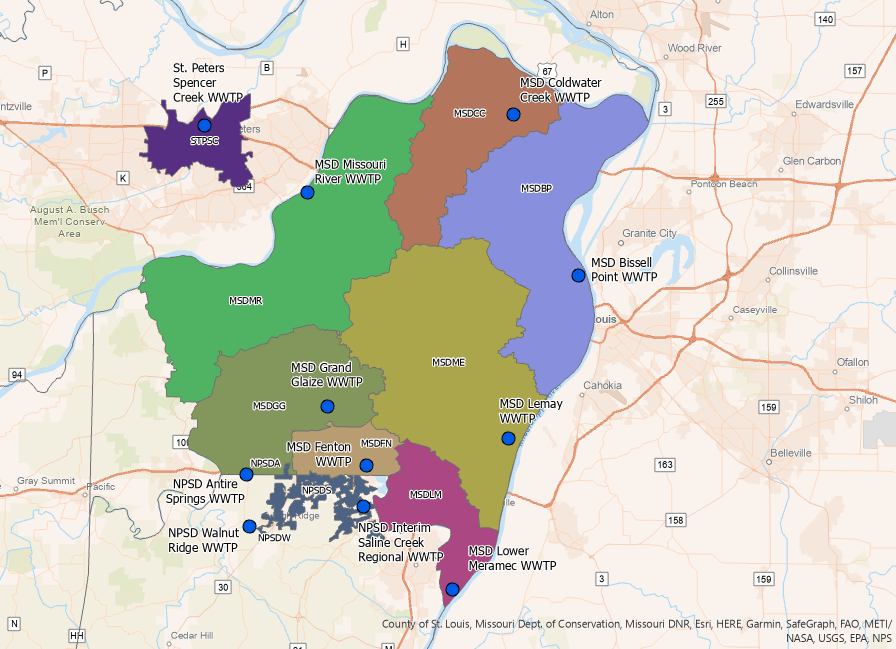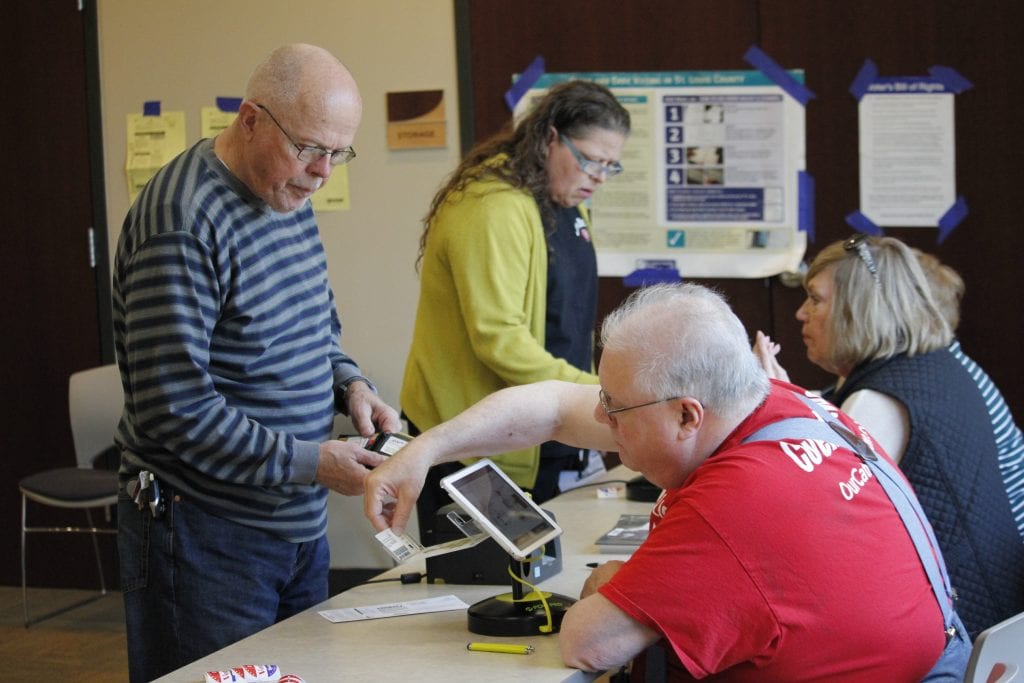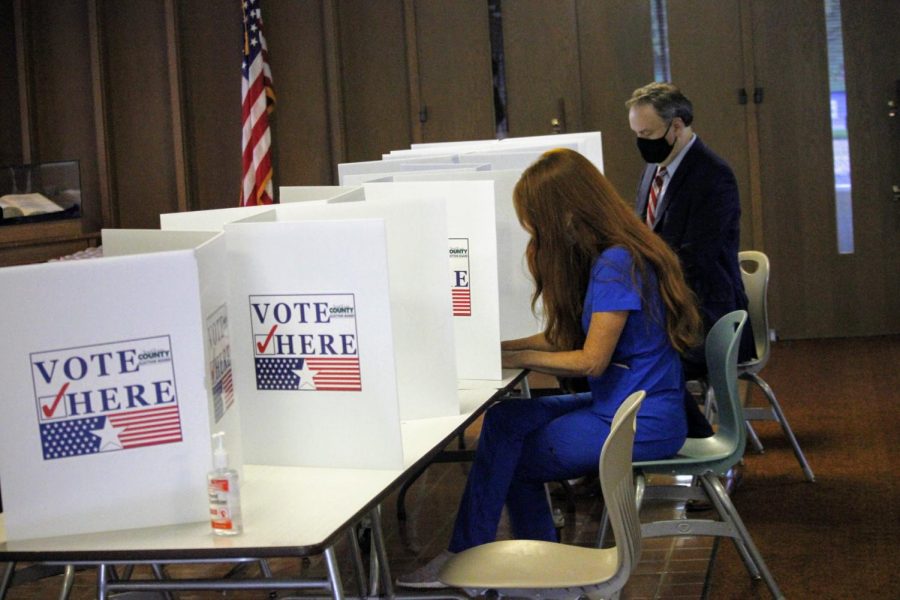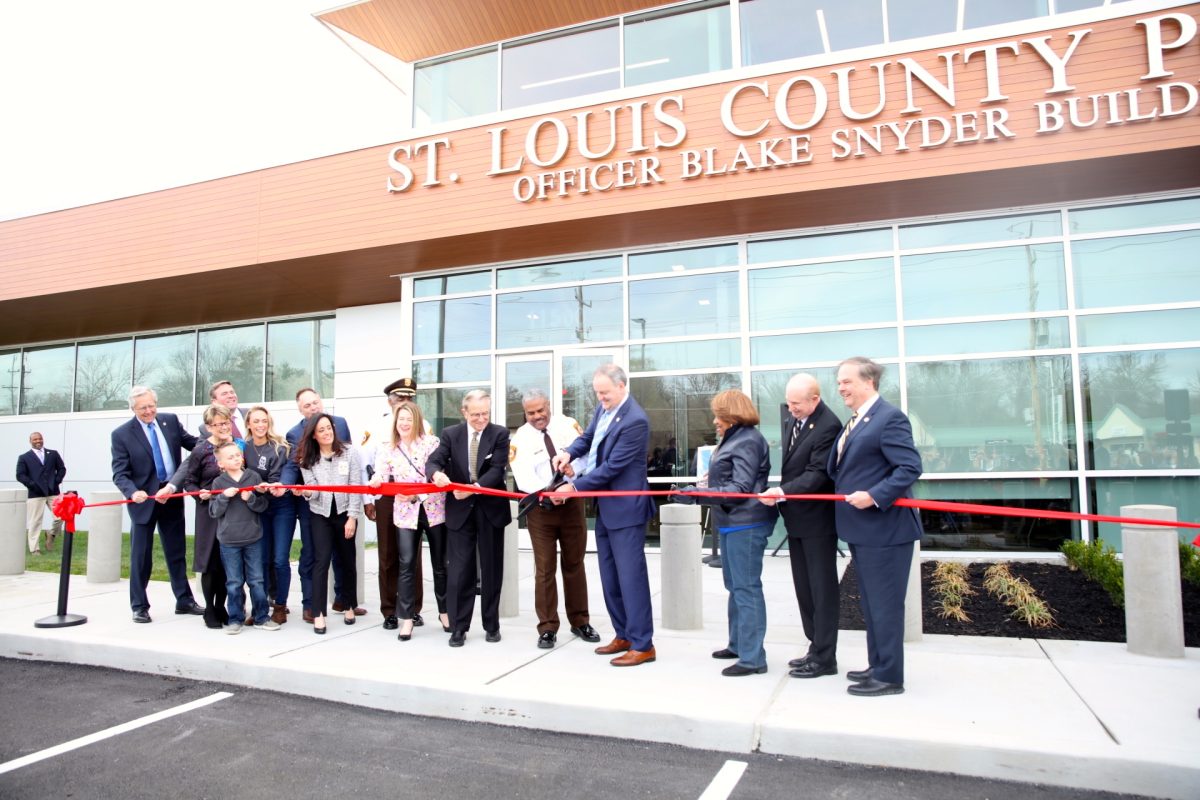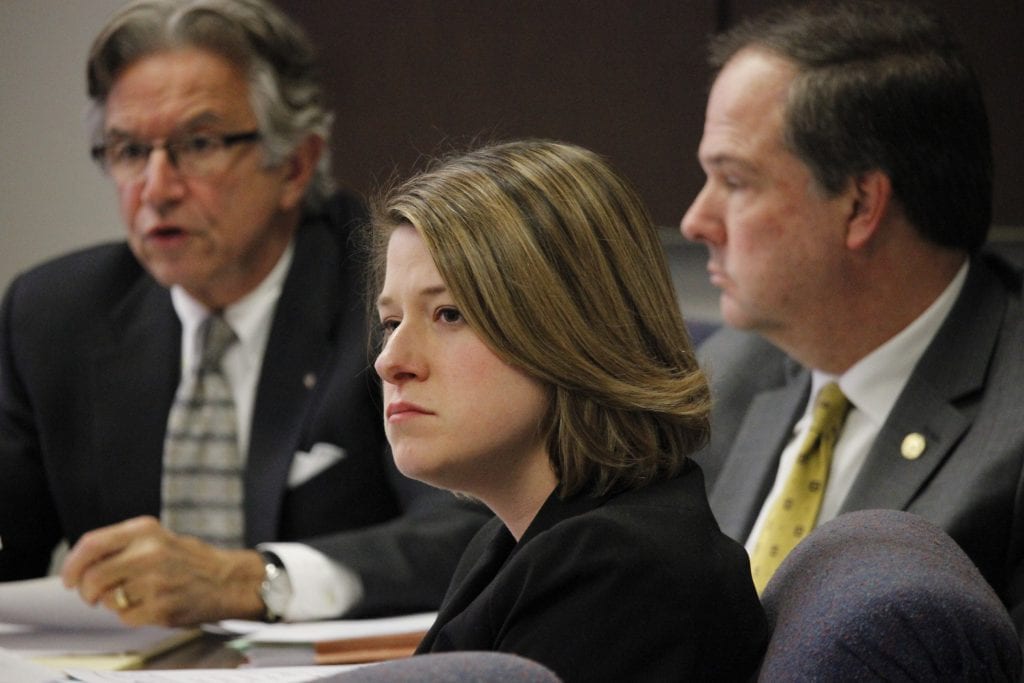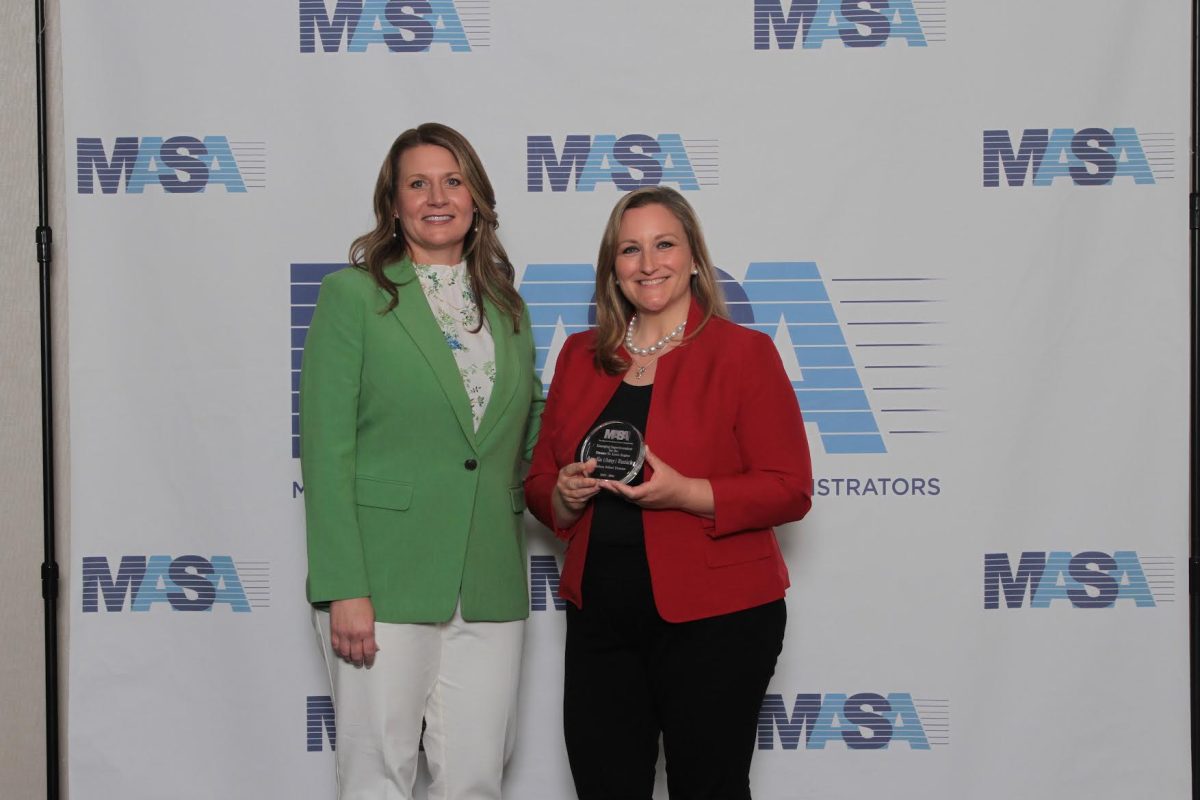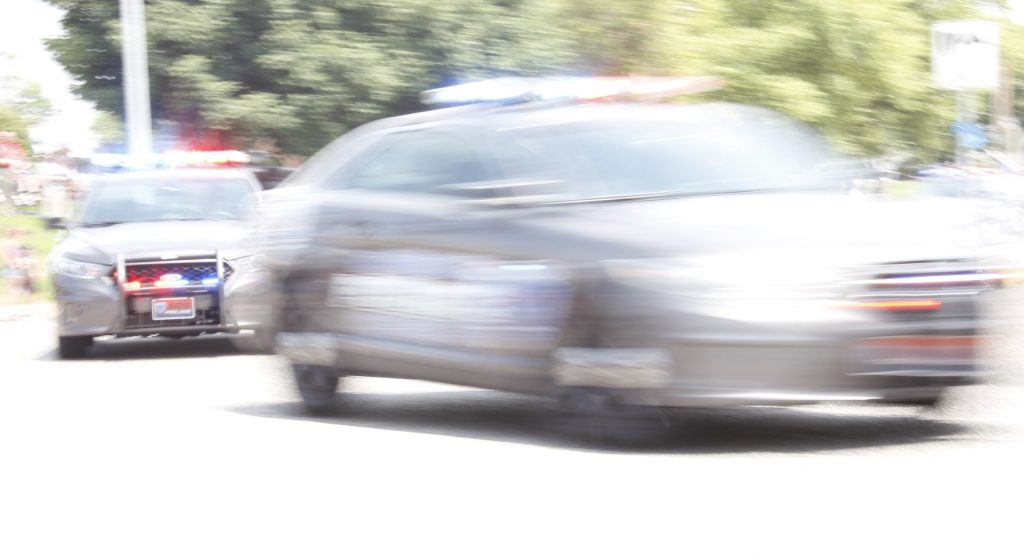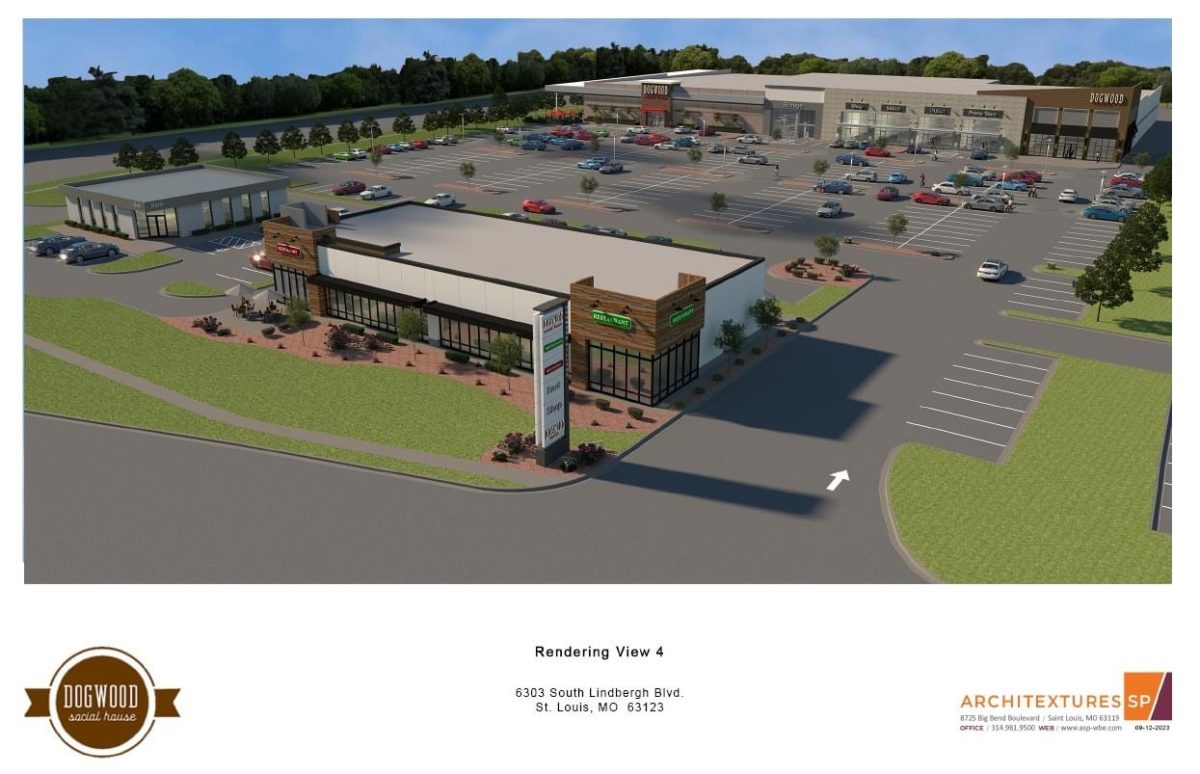The Missouri Department of Health and Senior Services found high levels of the UK variant of COVID-19 in testing of wastewater at Coldwater Creek in North County this week. So far, the creek is the only area of the state that shows significant levels of the variants, which mutated from the original COVID-19 virus and spreads more quickly.
The latest testing was conducted at Coldwater Creek as a followup from testing in February, which was conducted across the state and found low levels of the UK variant in 15 of the 23 locations tested.
With overall COVID-19 cases decreasing in Missouri, the state conducted followup testing on the 10 locations that had enough virus present in the water for further tests.
The only South County location in the testing, identified as St. Louis/Lemay by the state, had enough viral particles of COVID-19 in wastewater from its sewershed to justify the second round of testing, but those samples tested at 0.1 percent Feb. 16 for the variant, which the state does not consider a detectable level.
In contrast, the Coldwater Creek wastewater system tested at 25.8 percent Feb. 22. In St. Louis County, samples were taken at the wastewater treatment plants owned by the Metropolitan St. Louis Sewer District. In addition to the Lemay Wastewater Treatment Plant and the Coldwater Creek Waste Treatment Plant, wastewater from MSD’s Lower Meramec Wastewater Treatment Plant in Oakville was also tested, as well as the Fenton plant, Grand Glaize in West County and the Missouri River plant in North County.
St. Louis County Executive Sam Page said that the presence of the variants in the county is a troubling development even as cases decrease, kicking off a “race against time” to distribute the COVID-19 vaccine before the new variant spreads. Page just relaxed restrictions in St. Louis County Monday, citing the lower case counts.
“We knew that these new variants of COVID would reach our community, but this is concerning because we know that this variant is more transmissible and it is more likely to make folks sick,” Page said. “We are in a race in our community to get people vaccinated, to continue to follow our social distancing guidelines, to wear a mask when we’re out in public, to make sure that we’re protecting ourselves and our loved ones because we have in our community the presence of a more transmissible form of COVID and we know that it will displace the COVID that we’ve seen over the past year.”
DHSS is collaborating on the testing with the Missouri Department of Natural Resources, the University of Missouri at Columbia, wastewater operators and others to monitor trends of the COVID-19 by testing wastewater in communities around the state. The testing has been happening since the beginning of the pandemic, but recently, this team has been testing wastewater to look for the presence of the new variants of the virus causing COVID-19. The variant that originated in the United Kingdom is known as B.1.1.7.
In the Coldwater Creek wastewater system, 25.8 percent of the COVID-19 viral strands were identified as having mutations typically associated with B.1.1.7.
“This measurement is not a direct estimate of the percent of COVID-19 positive human cases in the area that are caused by the B.1.1.7 variant. Rather, it is only an indication that the variant virus B.1.1.7 is likely present among population in this sewershed area,” DHSS said in its latest press release.
“As part of our overall commitment to COVID-19 surveillance, we continue to monitor for variants both clinically and through sewershed sampling,” said Dr. Randall Williams, DHSS director, in the news release. “Today, we’re reporting our latest findings, and we have shared this knowledge with our public health partners.”
| DATE | TOWN |
B.1.1.7 |
|
A1501T/C1709A |
||
|
N501Y/A570D |
||
| 17-Feb | Kansas City |
<0.1% |
| 17-Feb | Charleston |
<0.1% |
| 16-Feb | St. Louis/Lemay |
<0.1% |
| 22-Feb | St. Louis/Coldwater Creek |
25.80% |
| 23-Feb | Southwest City |
<0.1% |
| 16-Feb | Columbia |
<0.1% |
| 16-Feb | Branson |
<0.1% |
| 15-Feb | Nixa |
<0.1% |
| 17-Feb | Nevada |
<0.1% |
| 24-Feb | Blue Springs |
<0.1% |
St Louis Area Sewershed Surveillance Project

















